If Your Vet Has Any of These Red Flags, You Should Find a New One Right Away
Finding the right vet can take a little trial and error. Most do their best, but sometimes you’ll notice things that don’t sit right. Since your pet can’t explain what’s wrong, it helps to pay attention to the small signs. If you keep running into the same concerns, it may be worth looking for another clinic.
Rushes Through Appointments Like They’re Speed Dating

Credit: iStockphoto
Pets can’t speak, so small symptoms need more than a passing glance. Good vets slow down, ask thoughtful questions, and explain their thinking. You should leave understanding the next steps, not googling “what my vet just said” in the parking lot.
Treats Questions Like an Interrogation

Credit: iStockphoto
If asking what a test costs or why it’s needed feels like a challenge to their authority, that’s not a healthy dynamic. Vets who welcome curiosity and don’t treat it like a personal attack are the ones you’ll want to call when something feels off.
Clinic Looks Like It Hasn’t Been Cleaned Since Y2K
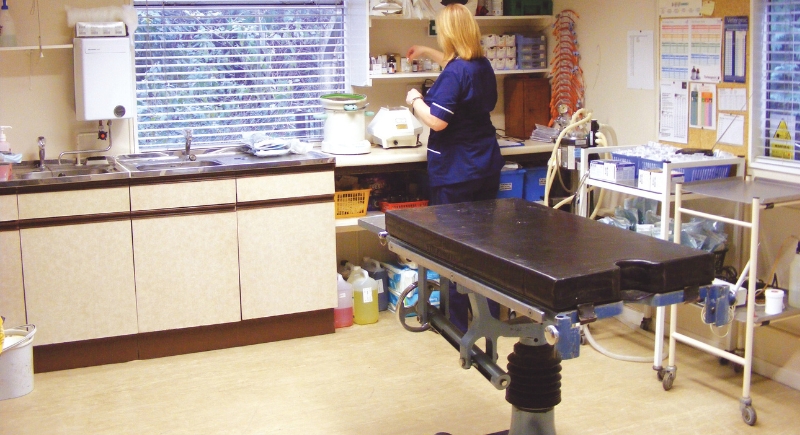
Credit: pixabay
An untidy clinic is unsafe. Dirty scales, stained tables, or cluttered treatment areas increase infection risks and signal poor internal standards. Cleanliness shows attention to detail. If they can’t manage Lysol and a broom, it’s fair to wonder what else they’re cutting corners on.
Recommends Every Test On the Menu, Every Time
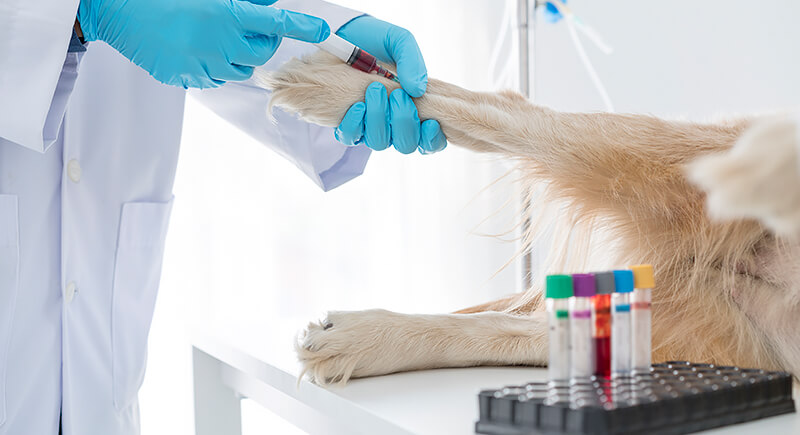
Credit: iStockphoto
It’s not unusual to run diagnostics, but if the vibe starts to feel more like a car dealership than a clinic, take notice. Some corporate-owned practices push aggressive upselling because staff are under pressure to meet quotas. It’s safer to ask for the medical reasoning behind each test.
You Never See the Same Staff Twice
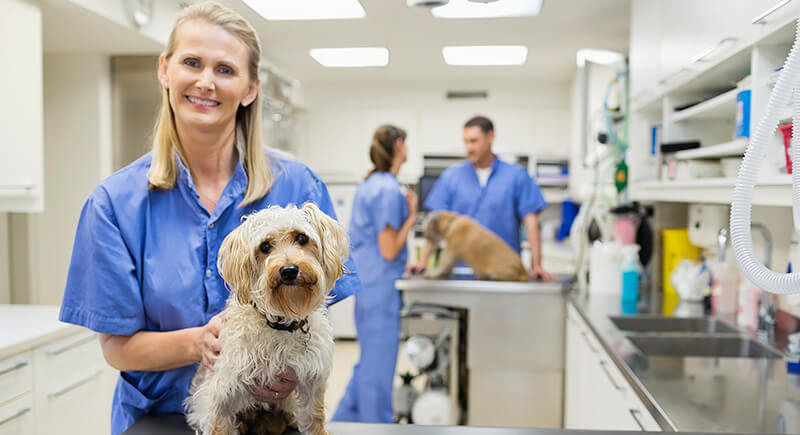
Credit: iStockphoto
Walking into a clinic should feel familiar. When every visit brings a new set of faces, it can be unsettling. Constant staff changes often signal problems behind the scenes—poor management, unhappy employees, or even unsafe conditions. For you and your pet, a steady team matters. Familiar staff know your animal’s history, notice small changes, and help avoid mistakes.
Takes Your Pet to the Back Without Explaining Why
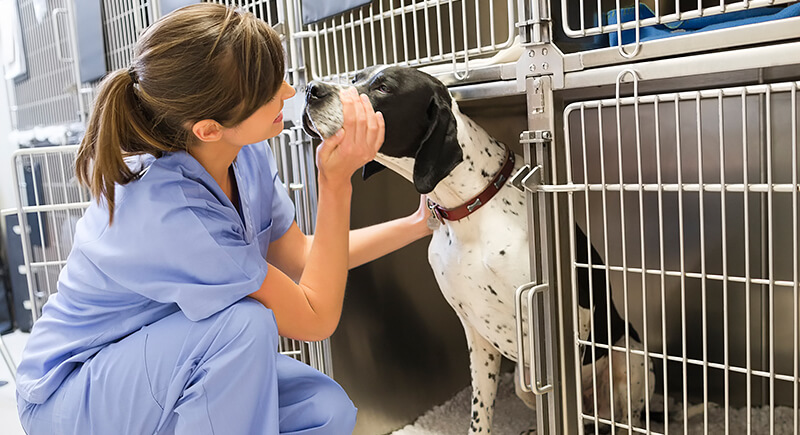
Credit: iStockphoto
There are good reasons some procedures happen out of sight. Still, you shouldn’t be left guessing what’s going on behind that swinging door. Transparency matters, especially when you’re trusting someone with a family member.
Gets Weird About You Getting A Second Opinion

Credit: iStockphoto
Feeling weird about second opinions isn’t a great look. Medicine isn’t absolute, and questions are fair game, especially if your pet’s not improving. A confident, competent vet won’t take offense. If yours makes you feel guilty for asking around, they may be more concerned about control than care.
Shrugs Off Medication Mistakes or Billing Errors

Credit: iStockphoto
Everyone makes mistakes. However, brushing off errors instead of owning them is a problem. If a wrong dose gets blamed on “the system,” or a billing mix-up is downplayed without apology, that’s a red flag. How a clinic handles problems says a lot about their values.
Staff Acts Like You’re Interrupting Their Day

Credit: iStockphoto
Tone matters. When the front desk looks annoyed when you walk in or when calls are answered like you’ve ruined someone’s lunch break, that’s already culture. A clinic shouldn’t be bubbly, but basic courtesy shouldn’t be rare.
Your Pet Dreads Every Visit—and It’s Getting Worse

Credit: iStockphoto
Some pets get nervous at the vet, and something’s wrong if that fear escalates with every visit. Fear-Free certified practices use techniques that help reduce anxiety. If your clinic doesn’t offer alternatives or even acknowledge your pet’s distress, they’re not adapting to your animal’s needs.
They Dismiss Your Observations as Overreacting

Credit: iStockphoto
You’re with your pet 24/7. So when your dog suddenly stops eating or your cat’s sleeping habits change, you’re probably right to notice. A vet who waves off concerns without digging deeper might miss something important. Listening is part of treatment, even if the answer turns out to be “nothing major.”
You’re Always the Last to Know

Credit: iStockphoto
Waiting days for test results with zero follow-up? That’s more than just annoying. Timely communication keeps treatments on track and prevents complications. Clinics that are organized and proactive keep pet parents informed, especially when health is on the line.
They Avoid Talking About Costs Until the Bill Hits
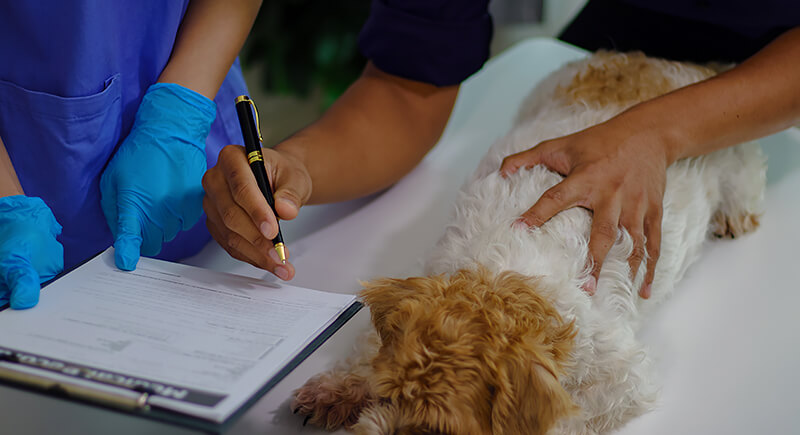
Credit: iStockphoto
If treatment plans are delivered without pricing or you’re hit with surprise charges, that’s not just bad service. It’s bad ethics. You should always know what something costs before agreeing to it. And if they dodge cost questions? Take that as a signal.
They Forget Who You Are—Every Time

Credit: iStockphoto
Busy clinics are understandable, but there’s a difference between being booked and being impersonal. If your vet consistently forgets your pet’s name, your last visit, or major medical events, it’s fair to be annoyed. A quick glance at a chart could refresh that memory.
They Never Say “I Don’t Know”
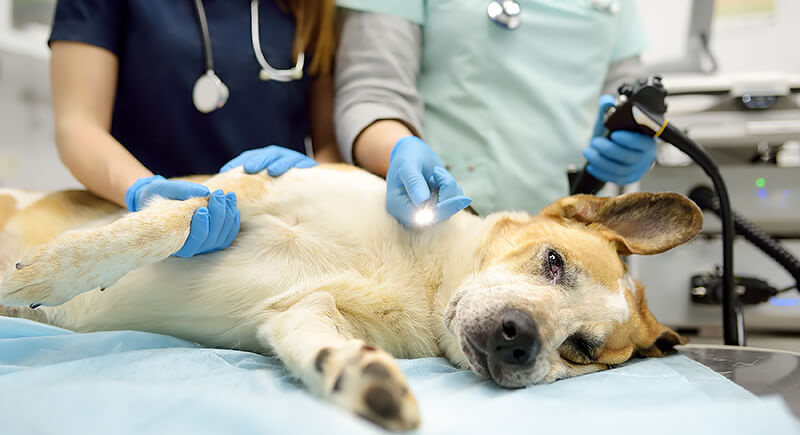
Credit: iStockphoto
No one knows everything, not even seasoned vets. The best ones admit when they’re unsure and refer out when needed. A vet who insists they can handle everything in-house, even complicated cases, might be letting ego drive the bus. And that can delay the care your pet really needs.